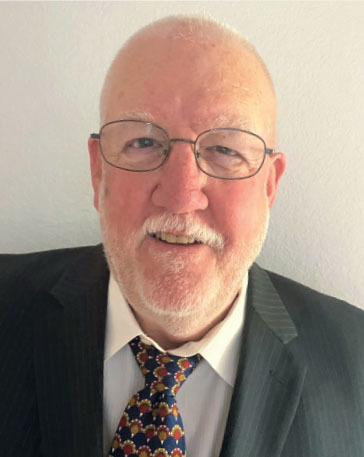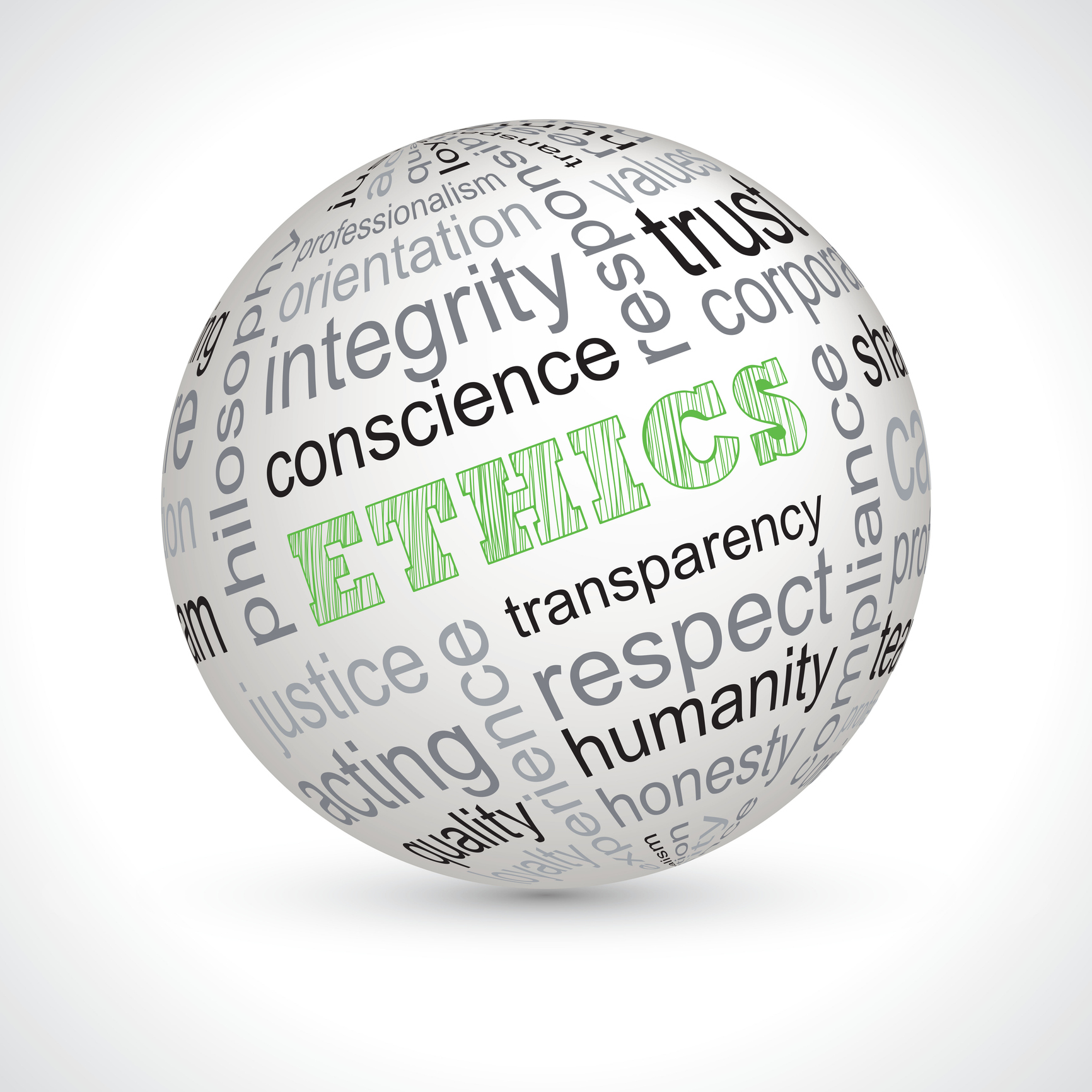August/September 2014
ON ETHICS
NCEES Addresses Confidentiality and Unethical Conduct
Are professional engineers and professional surveyors who use confidential information of an employee or client for personal gain engaged in ethical misconduct?
That’s the question state licensing boards were scheduled to vote on at the annual meeting of the National Council of Examiners for Engineering and Surveying, August 20–23 in Seattle.
The NCEES 2013–14 Committee on Law Enforcement found that the Model Rules (240.15 B.4) bar disclosure of confidential information by professional engineers and licensed surveyors, absent the client’s consent (or as required by the law). However, the rules don’t specifically address a licensed professional’s use of this information.
The committee issued a report and is recommending an addition to the rules to specify that a licensee is prohibited from using confidential information acquired through professional engagements or activities for personal profit without the explicit consent of the client or employer. The rule will not restrict a licensee’s use of general information that relates to engineering or surveying that is gathered through engagement with the client or employer. Examples of confidential information include proprietary business affairs or technical processes and specialized knowledge that relate to a particular situation or application.
The NSPE Code of Ethics compels engineers in the fulfillment of their professional duties to act for each employer or client as faithful agents or trustees. The Code’s Rules of Practice also calls for the following:
4. Engineers shall not disclose, without consent, confidential information concerning the business affairs or technical processes of any present or former client or employer, or public body on which they serve.
a. Engineers shall not, without the consent of all interested parties, promote or arrange for new employment or practice in connection with a specific project for which the engineer has gained particular and specialized knowledge.
b. Engineers shall not, without the consent of all interested parties, participate in or represent an adversary interest in connection with a specific project or proceeding in which the engineer has gained particular specialized knowledge on behalf of a former client or employer.


 Volunteering at NSPE is a great opportunity to grow your professional network and connect with other leaders in the field.
Volunteering at NSPE is a great opportunity to grow your professional network and connect with other leaders in the field. The National Society of Professional Engineers (NSPE) encourages you to explore the resources to cast your vote on election day:
The National Society of Professional Engineers (NSPE) encourages you to explore the resources to cast your vote on election day:



